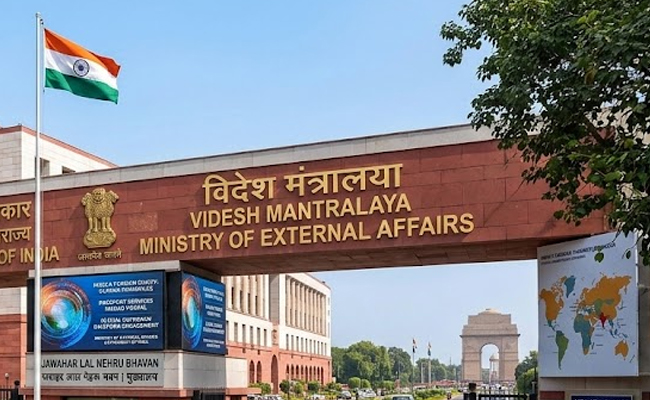Amaravati: Veteran Telugu stage and film actor Jayaprakash Reddy died of heart attack at his residence in Guntur on Tuesday. He was 74 and survived by wife and a son, family sources said. He collapsed inside the bathroom on Tuesday morning and breathed his last.
Jayaprakash Reddy, popularly known as JP, began his career as a school teacher. His passion for acting drove him towards the stage and he played varied roles in countless dramas. He then attracted the attention of Telugu film industry and a variety of roles came his way.
Be it a hardcore villain or a comedian, JP fit into the roles with effortless ease and enthralled the audience. As a villain, he earned a unique identity speaking the Rayalaseema accent of Telugu, a novelty that became his USP and elevated the typical 'Seema' factionist.
JP acted in more than 100 films along side the top heroes of Telugu films like Chiranjeevi, Balakrishna, Nagarjuna, Venkatesh, Pawan Kalyan and Mahesh Babu. He also acted in a few movies in Kannada and Tamil.
His last film was 'Sarileru Neekevvaru' in Telugu, produced by Anil Sunkara.
Though busy as a movie actor, JP never quit the theatre and actively continued playing roles in stage dramas. He performed a monologue as Alexander and won wide appreciation.
He also started the JP's Monthly Drama Sabha In Guntur city and encouraged theatre.
Andhra Pradesh Chief Minister Y S Jagan Mohan Reddy, TDP president N Chandrababu Naidu, film personalities and others expressed grief over JP's demise.
"Jayaprakash created a special place for himself in the film land through his inimitable dialogue delivery and mannerisms," the Chief Minister said in a statement. Chandrababu Naidu said JP's death was a deep loss to the Telugu film industry.
"Telugu theatre has lost a father-figure," he added. They extended sympathies to the bereaved family.
Let the Truth be known. If you read VB and like VB, please be a VB Supporter and Help us deliver the Truth to one and all.
New Delhi (PTI): SpiceJet will operate eight special flights from Fujairah in the UAE on Wednesday to bring passengers who are stranded due to the Middle East crisis.
In a statement on Wednesday, the airline said it would operate four services to Delhi, three to Mumbai and one to Kochi from Fujairah.
On Tuesday, the carrier operated four special flights from Fujairah to Delhi, Mumbai and Kochi.
The escalating Middle East conflict involving US, Israel and Iran has significantly disrupted flight operations in the region.





